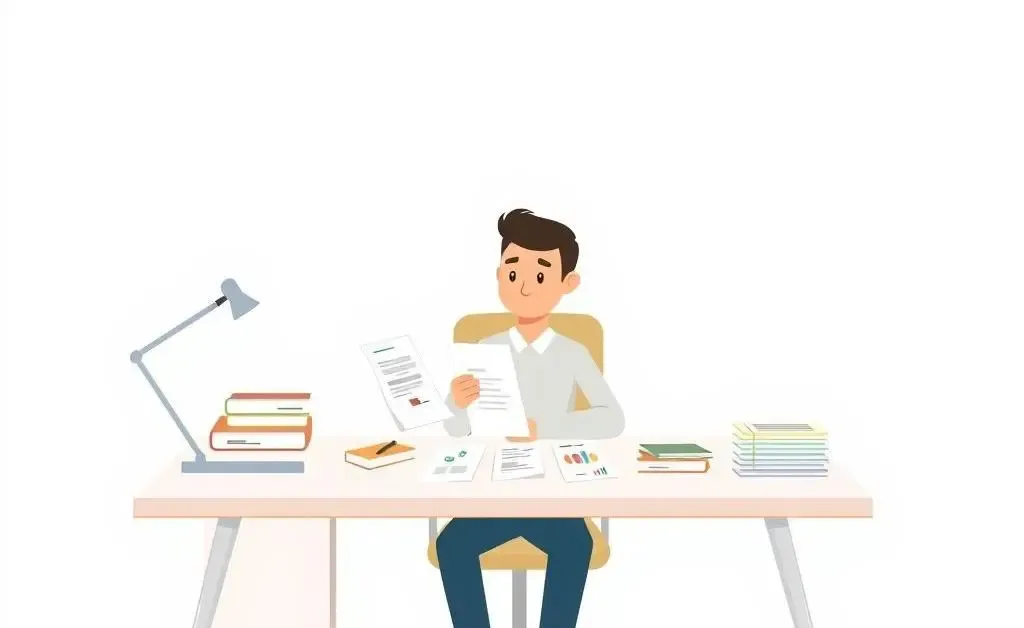Facing Credit Card Debt: A Gentle Guide to Navigating Financial Challenges
Discover practical steps and emotional support to tackle credit card debt confidently.

Have you ever felt a sinking feeling each time you glance at your credit card bill? You're not alone. Credit card debt can feel overwhelming, but with a plan and some support, it's manageable. Let's walk through some practical tips and heartfelt advice to get you back on stable ground.
Understanding Your Credit Card Debt
First things first, you need to know where you stand. List your debts clearly:
- Account balances.
- Interest rates.
- Minimum payments.
Knowing these details is crucial. After all, you can't tackle what you can't see.

Creating a Practical Budget
This might sound daunting, but it's simply about planning where your money goes. Start with essentials like housing, food, and transportation. Then, allocate funds for debt repayment. The goal is to ensure your spend doesn't exceed your income, allowing a little extra for emergencies.

Consider Debt Management Strategies
Several strategies can help you manage your debt more effectively:
1. Debt Snowball Technique: Focus on the smallest debt first. Pay it off, then move to the next smallest. This can provide quick wins, boosting your morale.
2. Debt Avalanche Method: Pay off high-interest debts first. This might save you money in the long run.
3. Negotiating Lower Interest Rates: Sometimes, a simple call to your credit card company can lower your rates.
Understanding Legal Aspects
If your debt situation worsens, you might be worried about legal actions. It's vital to understand your rights. Many communities offer free legal advice for such scenarios. Knowing your rights can prevent creditor harassment and buy you time.

Emotional Well-being Matters
An often overlooked aspect is the emotional toll of debt. It's essential to talk about your feelings and seek support where needed. Consider joining communities or forums where you can share experiences and find comfort in knowing you're not alone.
In one fine summery afternoon, Jake, an old friend, shared how talking about his debt openly brought him relief. His tale isn't unique but serves as a gentle reminder: vulnerability is strength.
Conclusion
No matter where you are in your financial journey, remember that every small step counts. How will you take control of your financial freedom today?




